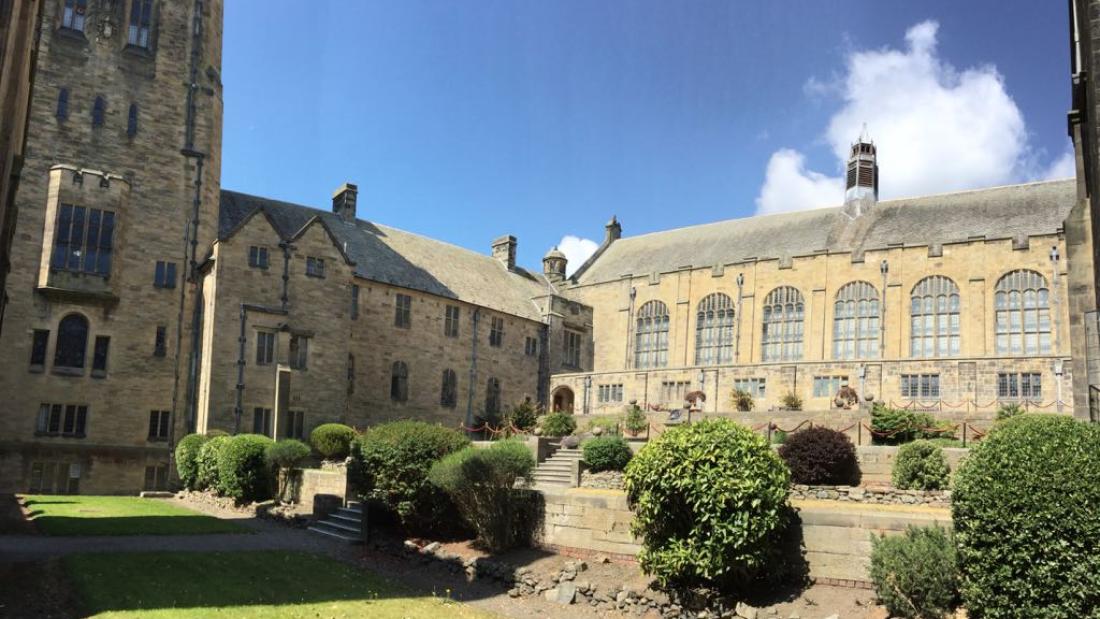Relational Design: Wellness within a Regional Context (Adventure Tourism Education)
Structure
The year is divided into four phases. There will be some overlap between these but the formal waypoints below are designed to ensure that you cover all necessary elements. The timing and outputs of the programme align with a Tier I visa application should there be a need for sponsorship for an international student to remain in the region post-graduation
1. Discover (September-December)
As you immerse yourself in the region and connect to people and place a series of short intensive design exercises with coaching will acquaint you with tools and methods to be used later on. We will introduce you to our FabLab (woodwork digital composite 3D printing laser cutting and other advanced manufacturing equipment) and explain the creative group processes used in our CoWorking space. Through an Enterprise by Design exercise involving undergraduate students local actors stakeholders and other researchers you will practice how to design a group decision support process and lead a multidisciplinary team within a multi-stakeholder project.
2. Define (January-February)
Relational design is about making connections between social natural and cultural assets and building the cooperation platforms by which they can work together. In January you will prepare a first version of your project proposal; this is presented at a formal Project Proposal Crit at the end of the month. With feedback from that Crit you will further develop and refine your project proposal in February
3. Develop and Deliver (March-June)
Prepare your Business Proposal Exhibition and Public Presentation.
4. Reflection and Future Planning (July-August)
After the Viva and the Exhibition and Public Presentation we have allocated two months for you first to reflect on what you have learned so far; and second plan the actions needed to implement your project locally or back home. Our team will be available to provide feedback and mentoring throughout this final phase.
Content
The Masters in Relational Design is a research-based degree. Your research topic might be an existing project idea – perhaps inspired by an industry government or anchor institution from your own territory – or you may define a research topic once you arrive in Bangor. The sections below outline first our three focus areas with examples to trigger your own thinking; and second the four phases of the year-long course are explained in detail.
Adventure
The spectacular natural assets of North Wales and its network of dynamic small firms can be the basis of innovations in a wide variety of adventure and sport activities: climbing running diving kayaking camping mountain biking tree climbing zip-wiring and more. Research partners might include global wellness brands app developers or public health initiatives such as the UK’s Active Forestry programme.
Tourism
Active travel learning journeys and biodiversity tourism are fast-growing segment in this huge global industry. Health-conscious city people are looking for soil-to-table relationships through such models as social farming Wwoofing Workaway and Fibersheds. River forest and ecosystem restoration camps are growing in popularity. In the Smart Villages movement heritage buildings are being restored as Coworking Coliving (CoWoLi) sites. Other legacy buildings – community colleges chapels pubs libraries regional museums hostels post offices local shops – can also become networked rural hubs for visitor activities that create new livelihoods for local citizens; AirBNB Experiences is a good example.
Education
North Wales is an alternative learning destination in its own right. Its schools and environment centres are looking for new ways to engage with new publics – from citizen science and artist residencies to maker centres land-based learning and coding in the countryside.There is scope for theme-based learning journeys too such as the Fermentation Routes being developed in Latvia Slovenia’s popular Honey Routes or the Deep Time Walk app at Schumacher College in Devon. Wales’ new ecomuseum Ecoamgueddfa is another inspiring model to build on. Learning how to combine practical skills with new business creation is another opportunity; in Sicily for example citrus farmers and citizen apprentices are using biorefining as the basis of new health and nutrition products.
Show less










